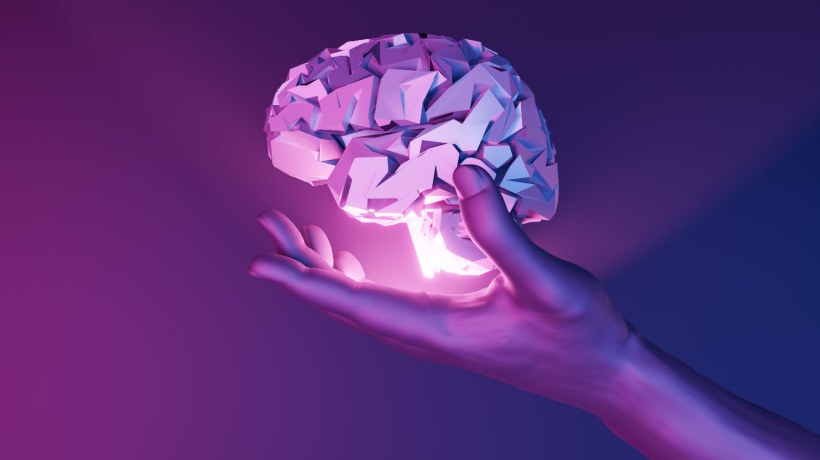What Sci-Fi And Speculative Fiction Reveal About eLearning's Future
As education evolves from classrooms to cloud platforms and from whiteboards to wearable tech, a powerful question emerges: What will learning look like when the boundary between reality and imagination dissolves? Movies like Inception and books like Indreption: A Mind-Bending Love Story offer unexpected but profound insights into the future of eLearning—not just in terms of technology, but in how we experience and internalize knowledge. These fictional narratives don't simply entertain; they serve as metaphors for what education could become when it's immersive, emotional, subconscious, and personalized.
What Is The Future Of eLearning?
Dreams As Learning Environments
In Inception, Christopher Nolan envisioned dreams as complex, architected layers of consciousness where time behaves differently and knowledge can be planted—or stolen. What if learning worked the same way?
Today's eLearning platforms focus heavily on convenience and content. But the future may be about learning within hyperrealistic simulations—created with Virtual Reality (VR), Extended Reality (XR), or even neural interfaces. In the film, five minutes in the real world becomes an hour in dreamtime. Apply this concept to education: what if you could compress months of learning into a few immersive sessions? Time-dilated simulations could transform how we train doctors, engineers, or even artists.
The Emotional Core Of Indreption
Indreption, a speculative fiction tale, explores love, memory, and identity across multiple dimensions. It's not just a love story—it's a reflection on how memory shapes who we are and what we retain.
This parallels the future of eLearning, where emotionally intelligent learning environments will become the norm. Studies already show that we remember emotional experiences far better than dry facts. Imagine an AI-powered tutor that doesn't just track your grades, but knows how you feel while learning—adjusting tone, context, and even visuals to ensure you remember deeply, not just correctly.
Like the protagonist in Indreption who revisits emotional timelines, students may one day revisit personal memory "vaults" curated by AI, reliving key learning moments tied to emotions and context.
Metacognition And Multi-Layered Learning
Both Inception and Indreption deal with self-awareness inside complex systems—the dream within the dream, the thought beyond the thought. This points toward a future where learning isn't just about absorbing information, but understanding how we think and learn.
This is called metacognition, the ability to observe and guide our own learning process. Future eLearning platforms will emphasize this skill more deeply, using AI to show us patterns in our thinking, bias in our understanding, and gaps in our logic. Learners will not just learn topics; they'll learn how they approach learning itself.
Just as Inception's characters used totems to distinguish dream from reality, students will have tools and dashboards to monitor their cognitive load, retention levels, and focus, helping them stay grounded and efficient inside complex digital learning environments.
The Architect And The AI
In Inception, Ariadne is the "architect" who designs the dream landscape—every stairwell, hallway, and paradoxical passage. In the eLearning of tomorrow, this role will be played by AI Instructional Designers.
These AI systems will architect bespoke learning environments based on a student's personality, goals, emotional state, and past performance. Instead of a one-size-fits-all curriculum, each learner gets a unique storyline, like a choose-your-own-adventure powered by data.
And in Indreption, where reality twists and rewrites itself, the narrative subtly suggests that we are co-authors of our cognitive journeys. Learning won't be linear—it will be adaptive, reflective, and as personal as a memory.
Reimagining The Mind As The Classroom
Ultimately, both Inception and Indreption challenge us to look inward—to see the mind not just as a recipient of content, but as a dynamic, emotional, time-bending space.
The classroom of the future isn't a room or even a screen—it's the mind itself. And eLearning will evolve to align with how the brain actually works: through stories, emotions, curiosity, and layered experiences.
Conclusion: The Future Is Already Dreaming
While these narratives are fictional, they mirror what's already emerging—from neuroadaptive content to immersive XR training, from gamified self-discovery to AI companions that coach us like mentors.
In Inception, Cobb says, "An idea is like a virus. Resilient. Highly contagious." The same is true for learning; when done right, it spreads, transforms, and stays with us forever. And in Indreption, we see that love and knowledge are not opposites—they're interwoven. Perhaps the future of eLearning is not just smarter—but more human.
Referenced Works
- Maze, Khris N. 2025. Indreption: Mind-Bending Love Story. Independently published.
- Nolan, Christopher (Director). 2010. Inception [Film]. Warner Bros. Pictures.









